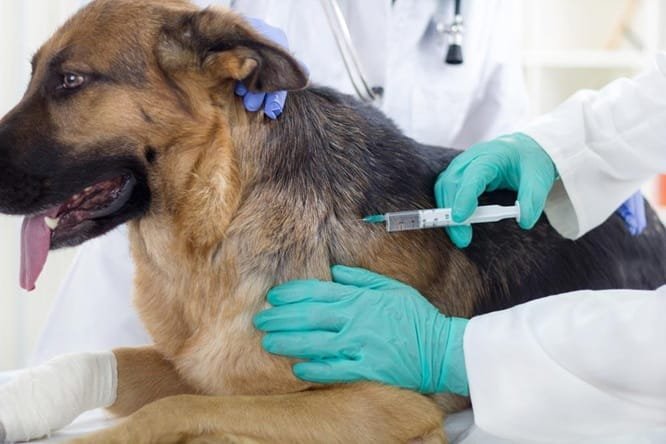You care deeply for your pets. Ensuring their long-term health is crucial. Vaccinations are not just a routine procedure. They are essential for your pet’s well-being. Diseases like rabies, parvovirus, and distemper pose real threats. These can be severe, even life-threatening. Vaccines protect your pets from these dangers. They help your pets live longer and healthier lives. You can prevent outbreaks by keeping your pets vaccinated. This protects other animals and people too. A Dewitt veterinarian can guide you on which vaccines your pet needs. This depends on age, breed, and lifestyle. So, stay proactive. Schedule regular vet visits. Vaccination is a small step with huge benefits. Don’t wait for illness to strike. Act now for your pet’s future. This ensures your loyal companions stay happy and healthy. Vaccines are an essential part of responsible pet ownership. They safeguard your pet’s health and contribute to a safer community.
Understanding Key Vaccines
There are core vaccines every pet needs. These include rabies, distemper, and parvovirus. Rabies vaccination is mandatory in many places. This is because rabies affects both pets and people. The CDC provides detailed guidance on rabies prevention.
Distemper is a serious virus affecting dogs. It can cause respiratory issues, seizures, and even death. Parvovirus is another threat. It is highly contagious and attacks the digestive system. Cats need vaccines too. Feline distemper and feline leukemia are among the critical vaccinations. Protecting your pet from these diseases is crucial for their health.
Why Timing Matters
Puppies and kittens need vaccinations early. Their immune systems are still developing. Initial vaccines usually start at 6-8 weeks old. Booster shots follow every few weeks. This continues until they are about 16 weeks old. The schedule ensures their immune system builds solid protection.
Creating a Vaccination Schedule
Create a vaccination schedule with your vet. This will depend on your pet’s health, age, and lifestyle. Indoor pets might have different needs than outdoor pets. Some vaccines require annual boosters. Others are every three years. Keeping a vaccination record helps track what your pet needs next.
Common Side Effects
Most pets experience mild side effects post-vaccination. These include slight fever or swelling at the injection site. Rarely, pets might have an allergic reaction. Symptoms include vomiting, diarrhea, or difficulty breathing. Contact your vet immediately if you see these signs.
Cost vs. Benefits
Vaccinations have costs. However, they are minor compared to treating severe diseases. Here is a simple cost comparison:
| Vaccine | Average Cost | Treatment Cost If Unvaccinated |
| Rabies | $15-$20 | $600+ |
| Distemper | $20-$30 | $500-$2000 |
| Parvovirus | $20-$30 | $1000-$3000 |
This table highlights why vaccination is a wise investment in your pet’s health.
Public Health and Safety
Vaccinating pets contributes to public health. Diseases like rabies can spread from pets to people. By vaccinating your pet, you help prevent such transmission. The American Veterinary Medical Association emphasizes the importance of pet vaccinations for public safety.
Conclusion
Vaccinations keep pets healthy and safeguard others. They are a key part of responsible pet care. Consult your veterinarian to establish a vaccination plan. By doing so, you invest in your pet’s future. Stay vigilant. Ensure your pet’s vaccines are up-to-date. This simple step can have a profound impact. It protects your pet and the community. Vaccinate today for a healthier tomorrow.



